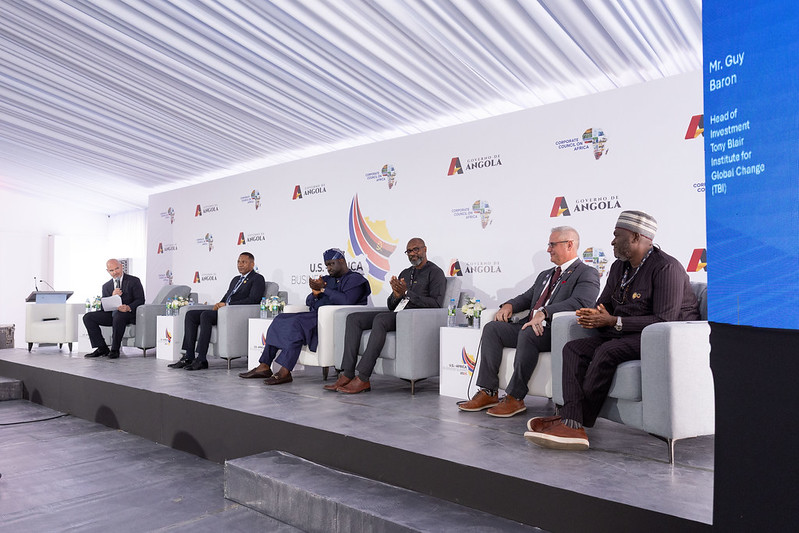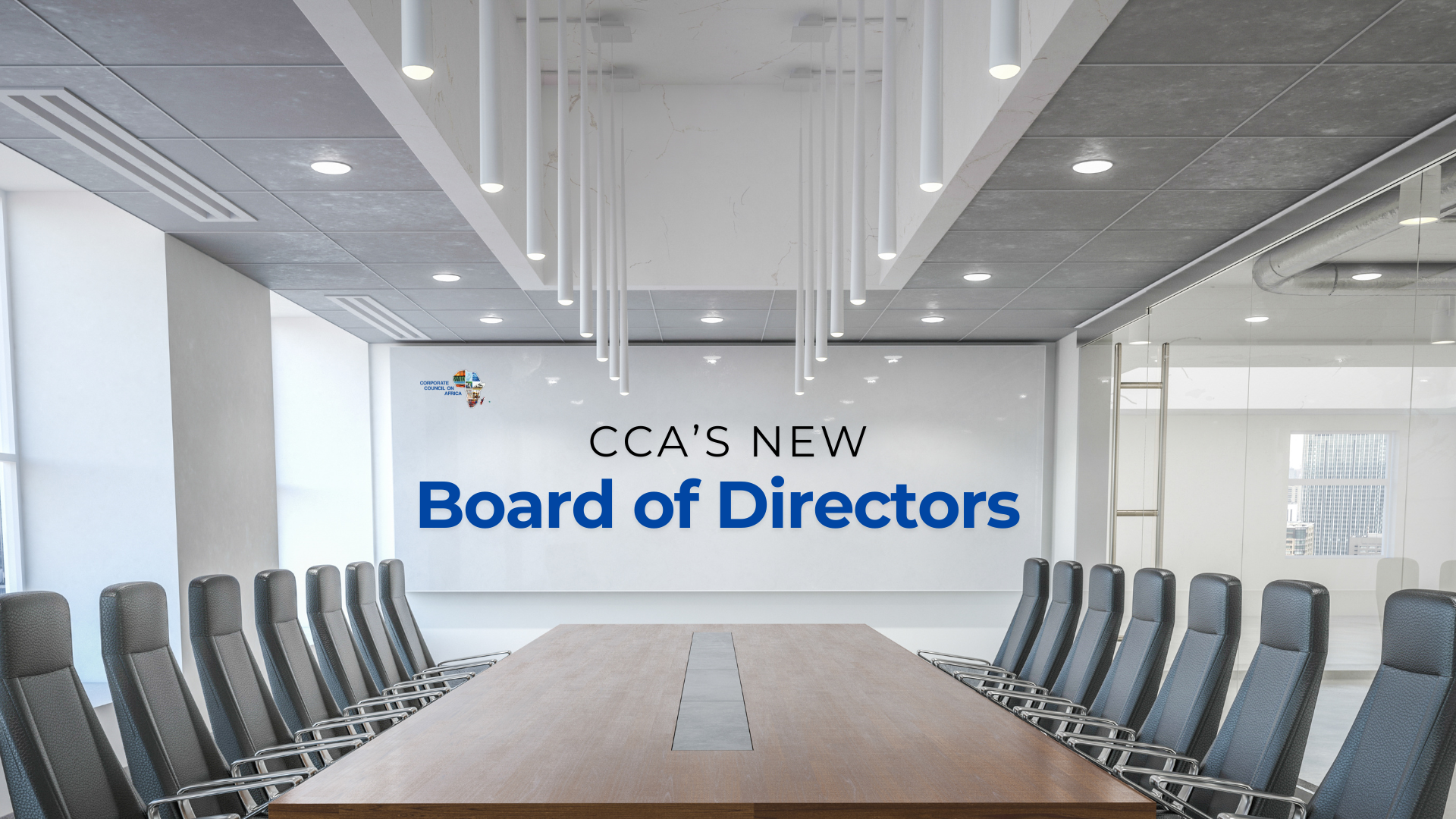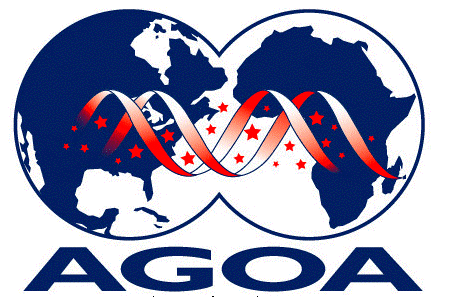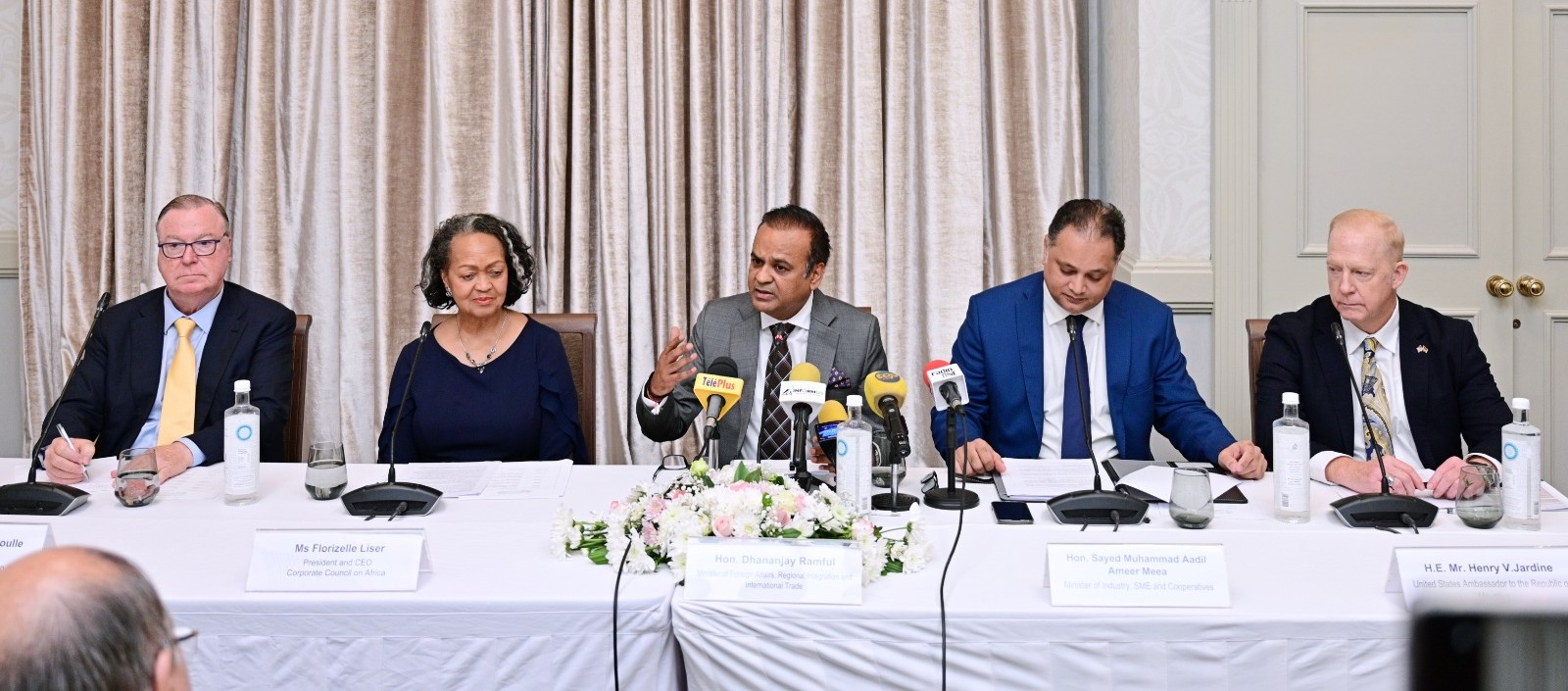High Level Dialogue: The Race To Connect : Investing In Africa's Digital Backbone

The High-Level Dialogue entitled “The Race to Connect: Investing in Africa’s Digital Backbone”, moderated by Guy Baron, Head of Investment,Tony Blair Institute for Global Change, featured H.E. Duma Gideon Boko, President of Botswana,John Olajide, Chairman, Cavista Holdings & Board Chairman of Corporate Council on Africa, Jorge Vazquez, CEO, Africell Angola, Aruna Handem,Senior Director, Cybastion, and Kunle Iluyemi,SVP, Head Sub-Saharan Africa, IHS Towers. They explored the challenges and opportunities in driving Africa’s digital transformation.H.E. President Duma Boko emphasized that harmonizing policy across Africa is essential, urging the alignment of digital laws and regulations under the AfCFTA Digital Trade Protocol. He pointed to Botswana’s move to a co-created “national transformation strategy”, involving the private sector to ensure policies are practical. Using Starlink licensing as an example, he spoke to the importance of speed and regulatory agility. He praised Botswana’s forthcoming Digital Services Act, developed in partnership with industry, and urged Africa to learn together to avoid fragmented progress. “So we need a harmonized environment, legal and policy, framework that envelopes the whole of Africa not just isolated pockets.” — President Duma Boko, John Olajide identified three pillars for investment: Infrastructure Readiness (e.g., deploying 500 engineers to scale 4G/5G, Public–Private Collaboration—especially in rural areas where social impact justifies investment—and SmartFinancing, aligning patient capital to long-term projects. He also emphasized the power of success stories from places like Botswana and Nigeria to inspire broader scale-up. Jorge Vazquez framed mobile connectivity as essential—acting as a lifeline in informal economies. He advocated for shared infrastructure (multicarrier towers, open fiber), and urged that Africa leapfrog legacy systems by deploying next-generation tech early. He highlighted Africell’s space PPP with Angola’s space agency to reach remote areas and envisioned Africa emerging as a digital exporter through AI and local data centers. Kunle Iluyemi stressed IHS’s role as Africa’s digital backbone, building towers and fiber. He warned of a massive tower-density gap (300k vs.3M in Asia) and explained how a single rural tower can transform communities. He called for public–private partnerships, streamlined permitting, effective use of universal-access funds, and FX-hedged long-term capital—drawing lessons from global markets. Aruna Handem shared how his son’s competitive gaming in Cabo Verde experienced lag due to latency, illustrating human costs of digital delay.He emphasized digital trust as central to ecosystems and warned against fragmented policies. He advocated for locally tailored regulations, pointing to how digital banking flourished before formal regulation, and urged forward-looking governance to harness technologies like AI. In response to Guy Baron’s speed round question—“What one bold, medium-term step (3–5years) would you prioritize to catalyze Africa’s digital transformation?”—panelists offered pragmatic, people-focused strategies. John Olajide emphasized streamlining visa processes to enable talent mobility and ecosystem growth. Aruna Handem urged the development of context-aware digital regulations that align with rapid technological evolution. Jorge Vazquez recommended building focused niche ecosystems (e.g., fintech, edtech) powered by end-user–oriented policy frameworks. And Kunle Iluyemi underscored the imperative of shared infrastructure, advocating for public-private collaboration, simplified permitting, and coordinated funding. Together, their answers illustrated a vision for transformation rooted in collaboration, regulatory agility, infrastructure sharing, and human-centric solutions.



